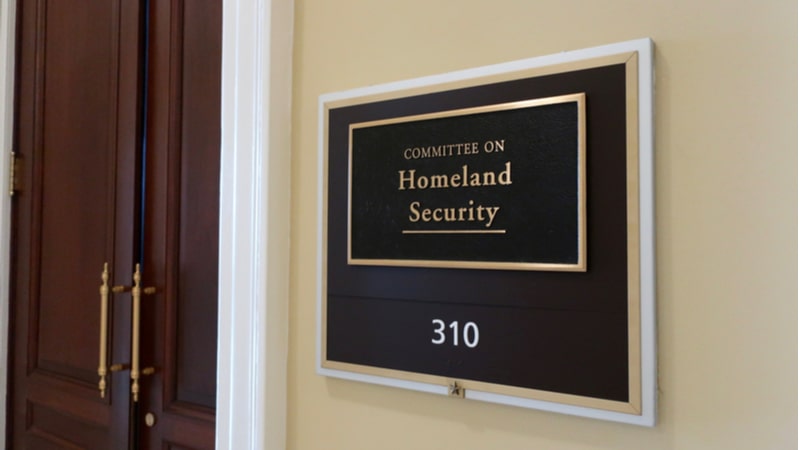
The Senate Homeland Security and Governmental Affairs Committee (HSGAC) passed a House-led bill on Wednesday that would reauthorize the Technology Modernization Fund (TMF) through 2030.
The bipartisan bill was approved nearly unanimously, with Sen. Rand. Paul, R-Ky. – the ranking member of the panel – casting the single “no” vote against the bill that cleared the committee on a 10-1 vote.
The Modernizing Government Technology (MGT) Reform Act, introduced late last year in the House by Reps. Nancy Mace, R-S.C., Ro Khanna, D-Calif., and Gerry Connolly, D-Va., would amend the 2017 MGT Reform Act to reauthorize the TMF for another five years – though 2030 – and make changes for agency repayments to the fund with the aim of keeping TMF sustainable for the longer term.
The bill, passed by the House in May, places a strong emphasis on the urgent need to retire legacy technology. It requires the Office of the Federal Chief Information Officer to annually submit to Congress a list of the 10 legacy IT systems that present the most serious risks to the Federal government.
TMF, which is administered by the General Services Administration (GSA), was created in 2017 to provide money to Federal civilian agencies to undertake tech modernization projects. The fund in recent months has been spending down some of the $1 billion cash infusion it received from Congress in 2021.
Panel Passes Slew of Cyber Legislation
The Senate HSGAC also cleared a slew of cybersecurity legislation during its markup Wednesday nearly unanimously. Ranking Member Paul remained the only vote against the three bipartisan bills.
Senate HSGAC Chairman Gary Peters’, D-Mich., Streamlining Federal Cybersecurity Regulations Act cleared the panel. The bipartisan bill – introduced last month with Sen. James Lankford, R-Okla. – would require the National Cyber Director (NCD) to head a harmonization committee, which would be tasked by Congress with harmonizing Federal cybersecurity regulations.
Harmonizing cybersecurity legislation has long been a struggle within the Federal government, with the Biden administration’s National Cybersecurity Strategy making the heavy-duty task a top priority.
“Passing legislation is the only solution,” Sen. Peters said when he first teased the bill at a hearing in June. “We have to bring independent agencies together and start harmonizing this effort. Only Congress has the power to do so. And if we fail at this mission, we won’t be able to build the most effective response to cyber threats.”
The bipartisan Healthcare Cybersecurity Act was also favorably sent to the full Senate during yesterday’s markup. That bill would direct the Cybersecurity and Infrastructure Security Agency (CISA) to hire a special liaison to the Department of Health and Human Services (HHS) to coordinate during cybersecurity incidents.
The bill – introduced July 11 by Sens. Jacky Rosen, D-Nev., Todd Young, R-Ind., and Angus King, I-Maine – follows the February ransomware attack on Change Healthcare, a subsidiary of the UnitedHealth Group.
Sen. Rosen first introduced the Healthcare Cybersecurity Act in the last Congress in March 2022, but it never made it out of committee.
Lastly, the Senate HSGAC passed Sens. Mike Rounds, R-S.D., and Jon Ossoff’s, D-Ga., Federal Cyber Workforce Training Act, which would charge the NCD with developing a plan to create a Federal government cyber workforce training center.
“Cybersecurity is involved in every aspect of the federal government and continues to rapidly evolve,” Sen. Rounds said when the bill was introduced. “We can’t simply keep up with this evolution, we must be ahead of the curve. Being proactive in training our federal cyber workforce will help the United States bolster cybersecurity across all agencies of the federal government.”
The four bills will now head to the Senate for further consideration in September, following lawmakers’ August recess.
